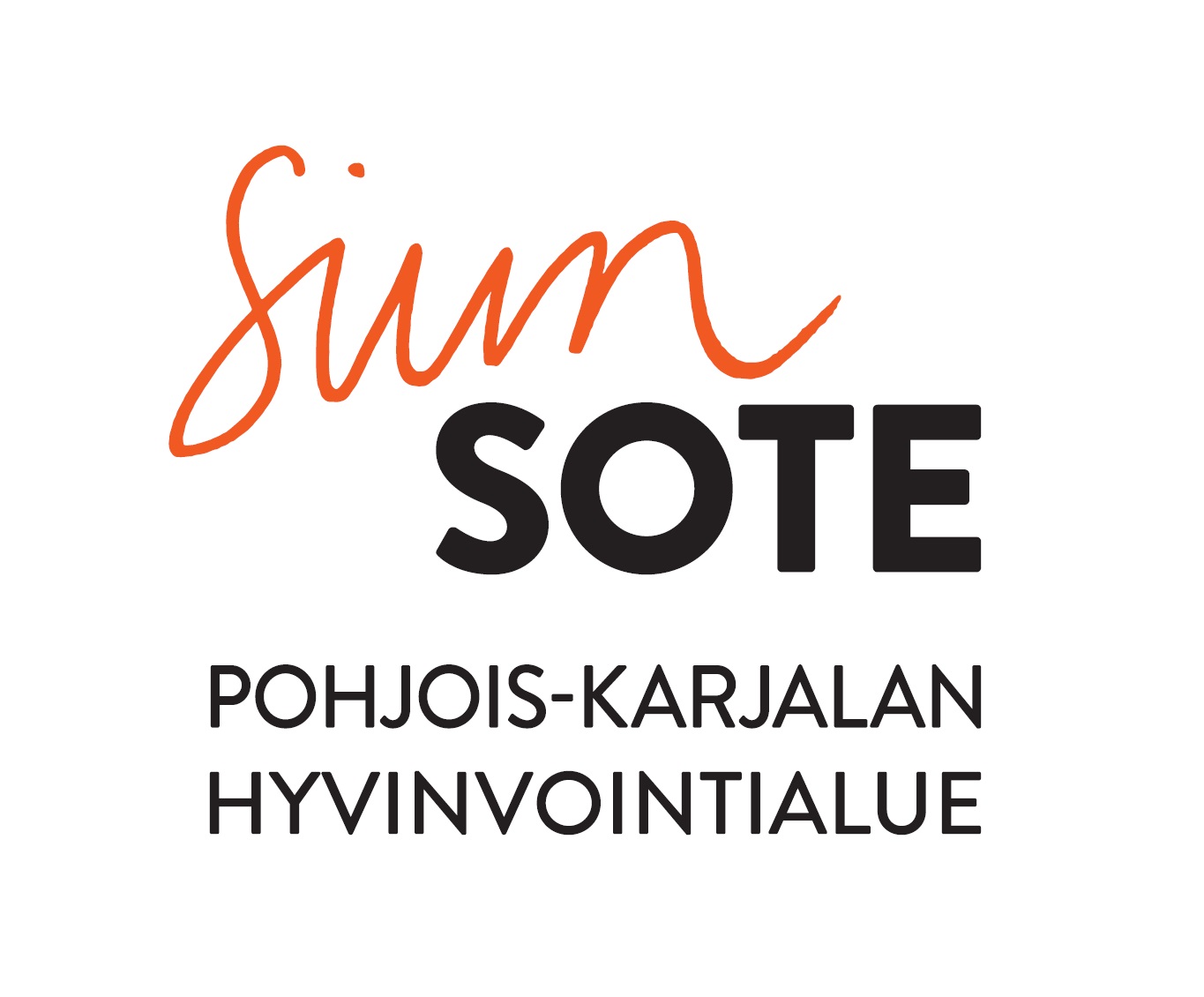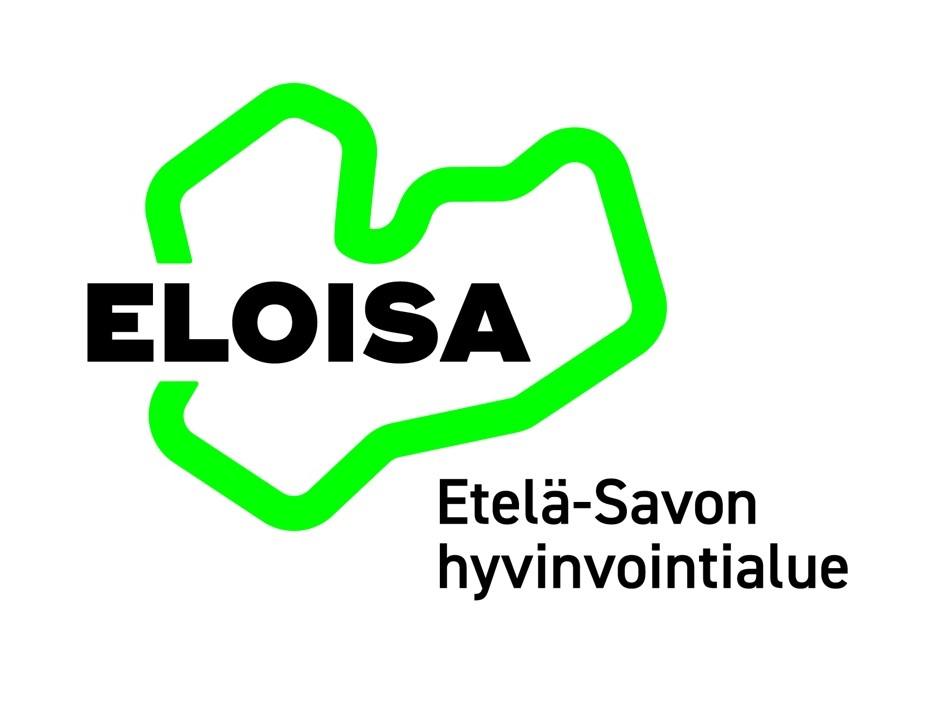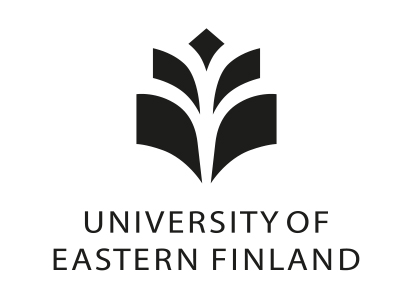APOLLO 2 Study: blood AD diagnosis multicentric retrospective study extension AgenT
20.08.2024
The surge in Alzheimer’s disease (AD) blood biomarker research, especially following Leqembi’s FDA approval, underscores the urgent need for more specific diagnostic tools. Traditional biomarkers like amyloid PET scans and CSF Aβ42 or pTau assays effectively predict cerebral amyloid plaques but lack specificity in forecasting which Mild Cognitive Impairment (MCI) patients will develop AD dementia symptoms (Ritchie et al., 2014). Developing biomarkers beyond those that predict high amyloid plaque levels remains challenging. Consequently, AD diagnostic companies focus on incremental innovations, striving for less invasive methods than amyloid PET or CSF testing, yet still encountering specificity limitations in predicting which MCI patients will develop AD dementia symptoms in the coming years (Souchet et al., 2023).
Current approaches measure biomarkers such as Aβ42, Aβ40, pTau181, or pTau217 in plasma, but these do not outperform more invasive methods like CSF assays (Ashton et al., 2024). A recent study on the pTau217 biomarker revealed that 53.7% of (pTau217)-positive MCI patients did not develop AD dementia symptoms within three years, underscoring this specificity problem (Lehmann et al., 2024).
AgenT has pioneered an innovative approach using AAV-AD rats (Audrain et al., 2018) to discover blood biomarkers that predict the conversion to AD dementia symptoms, rather than the presence of cerebral amyloid plaques. After extensive research and a multicentric retrospective study on 632 individuals, AgenT identified a panel of highly specific biomarkers and validated two blood tests, B-HEALED (Souchet et al., 2024) and B-AHEAD. These tests are designed to select individuals who will develop AD dementia symptoms from MCI patients and cognitively normal individuals, respectively. The novelty of this methodology lies in combining these biomarkers through machine learning to capture the AD biological complexity. This approach offers a more specific diagnostic tool, potentially transforming early AD detection and intervention.
The primary objective of this collaboration between AgenT and Finnish Biobanks is to quantify multiomics biomarkers in biobanked plasma samples. The analysis and quantifications are part of a larger effort to validate the version II of B-HEALED and B-AHEAD blood tests. Finnish Biobanks will provide the plasma samples and associated clinical data for the study.



